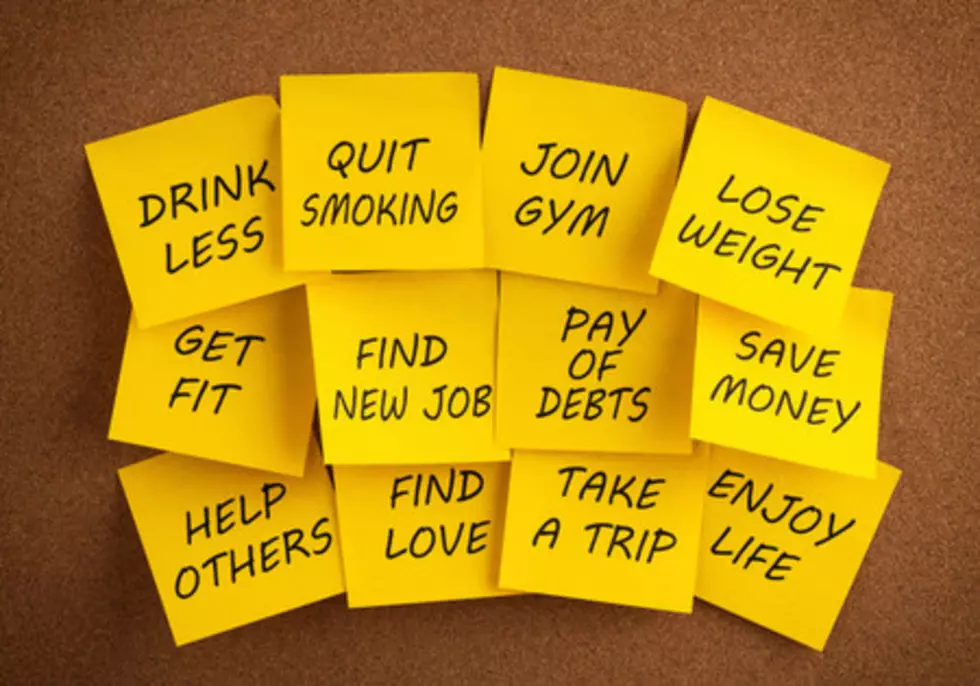
Tips On How To Make Your Resolutions Stick
Some people are not fans of making New Year's Resolutions. But, if you are, here are some tips on how to make them stick.
I am famous for making resolutions and not keeping them. But, this year I am going to give it a real try. If you made a resolution or two here are some tips on how to make sure you stick to them. These tips come from Pauline Wallin, Ph. D.
Examine your motivation for change.
Are you just feeling full and bloated at this moment? Do you have a hangover from last night? Did your last cigarette give you have a hacking cough? Or is there a more enduring reason for your desire to change? If you can't think of a better reason than the fact that you're uncomfortable at this moment, then you're better off not making promises to yourself that you probably won't keep. However, if you are realistic and accept the responsibility of discipline required for change, your motivation will be sustained long after the discomfort from over-indulgence has passed.
Set realistic goals.
Habits and behaviors that are changed gradually have a greater chance of success.
Focus on the behavioral change more than on the goal.
For example, if you decide to control your eating, your goal for the day is not to lose a specific number of pounds, but to stick to your program. Such focus on your behavior will help you feel in control of your life. You will gain satisfaction from making sensible choices several times throughout the day.
Learn to redefine physical sensations of discomfort.
Whenever we restrict ourselves, we have both physical and mental reactions. For example, a smoker feels bodily sensations when his nicotine level drops. However, he has a choice as to how he interprets these symptoms. He can define them as extremely unpleasant, or alternatively he can interpret them as his body cleansing itself of the drug. Someone who is restricting food intake will also feel physical discomfort. However, the successful dieter tells himself that his growling stomach is a sign that his body must go to the fat reserves for energy.
Make tasks non-negotiable.
People who are most successful at implementing such changes are those who make their tasks non-negotiable. For example, if you debate with yourself at 5:30am whether you feel like getting up to exercise, you will probably opt for staying in bed for another half hour. But if getting up for exercise is no more negotiable than getting up for work, then you'll do it regardless of how you feel about it.
Allow for imperfection.
No one is exactly on target all the time. In fact you should expect to falter every now and then. If you give in to temptation, do not use this as an excuse to abandon the whole program. Learn from your mistake and move on.
Do it now.
If you're waiting for a more convenient time to begin behavioral change, it won't happen. It's almost never convenient to change ingrained habits. Now is just as convenient as any time. And if you begin now rather than later, you'll have a jump on a more satisfying future.
[via: Pauline Wallin, Ph. D]
More From KISS 104.1



![Five Things That Are Shaving Time Off of Your Life Expectancy [GALLERY]](http://townsquare.media/site/498/files/2021/02/5187pre_da9584590272994.jpg?w=980&q=75)

![The Seven Most Insane Diet Fads of All Time [GALLERY]](http://townsquare.media/site/498/files/2020/12/42411pre_ddd568529170a90.jpg?w=980&q=75)



